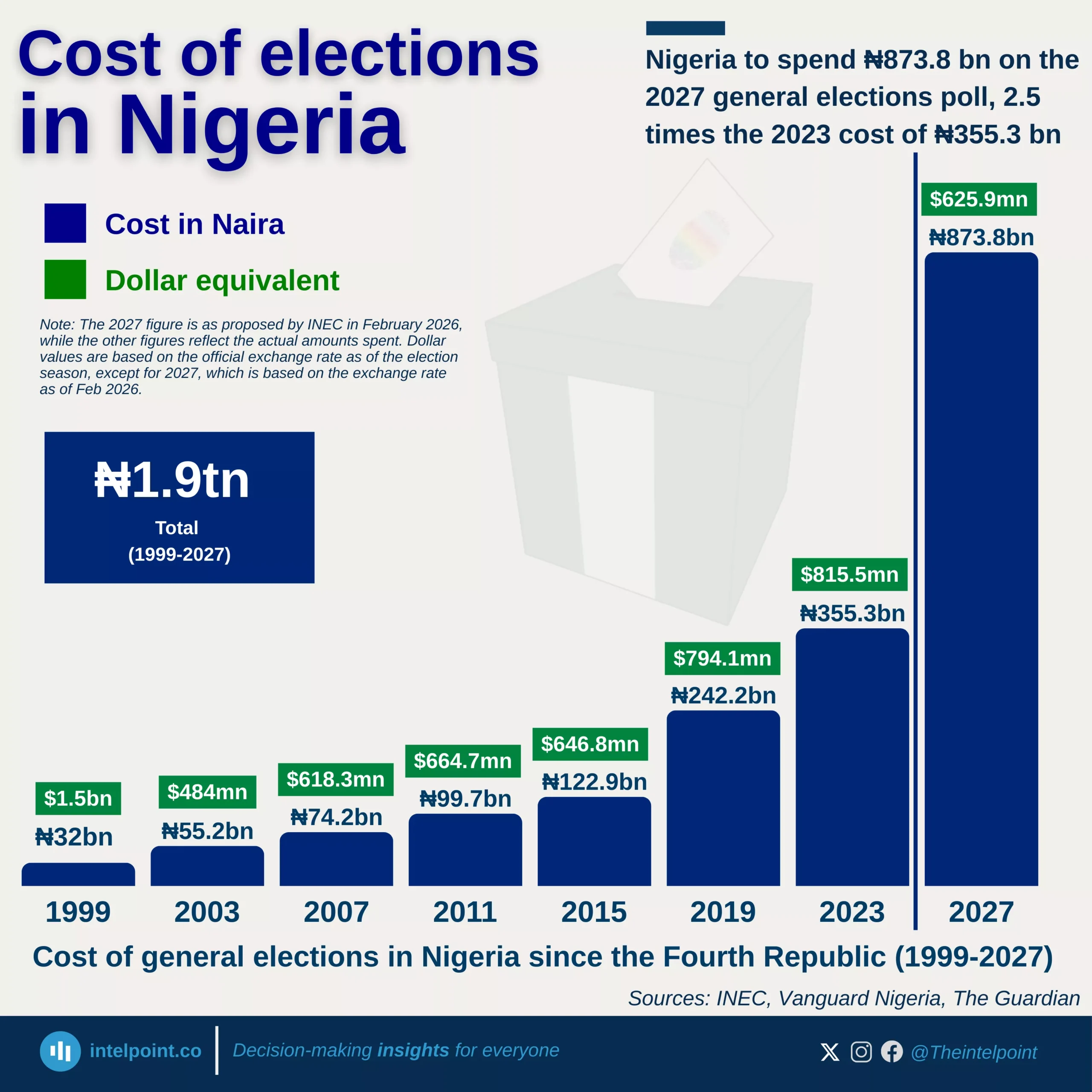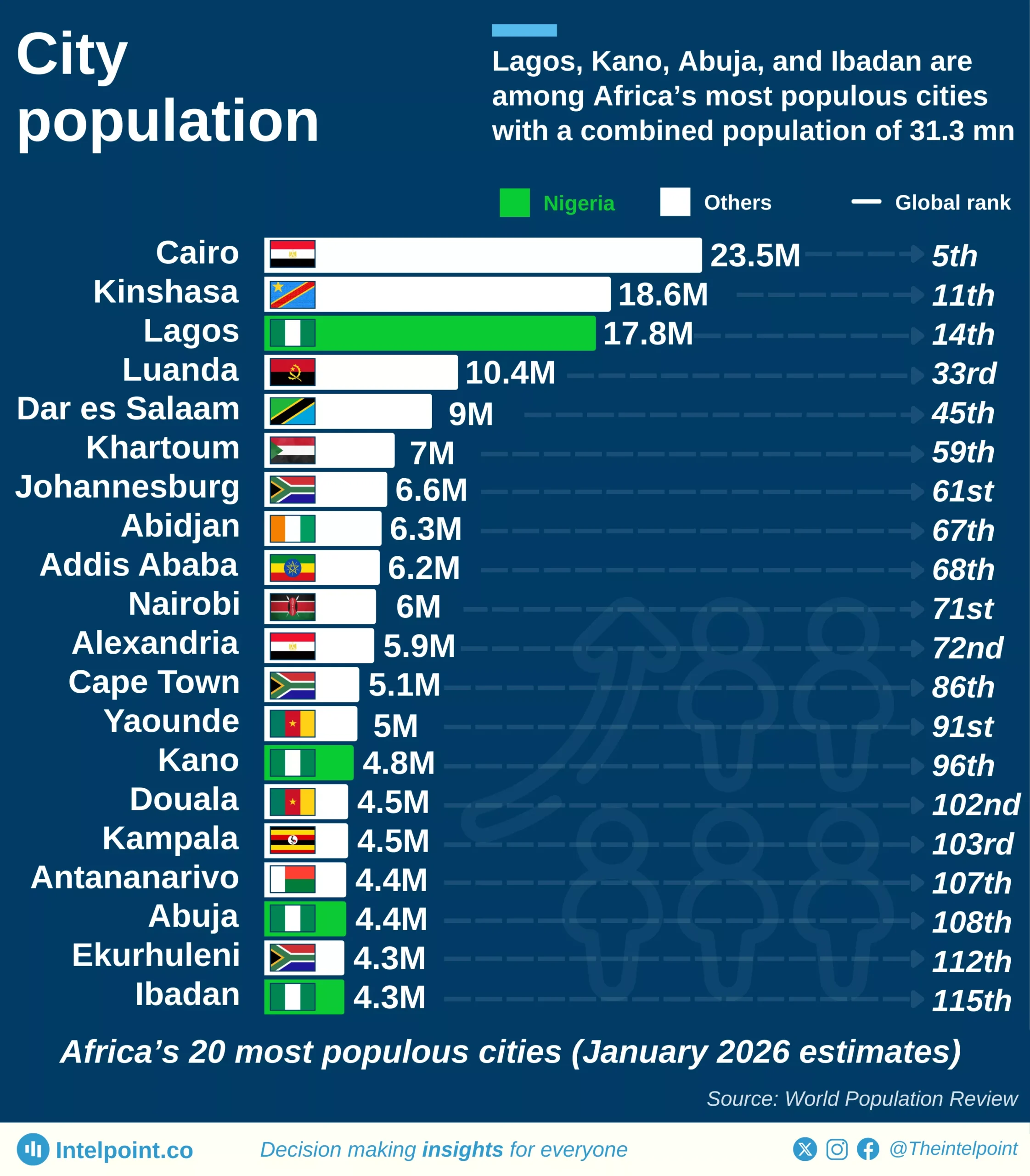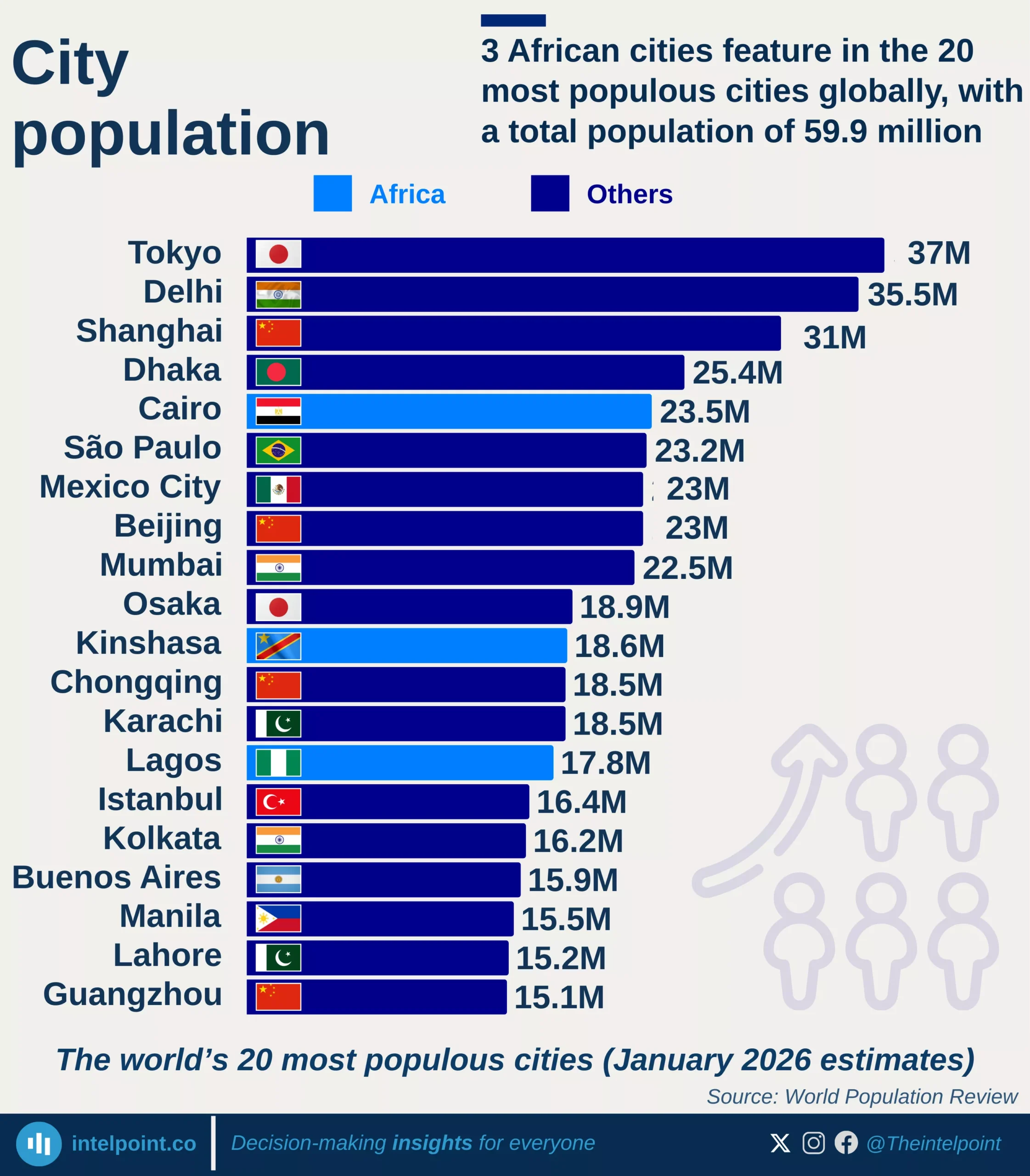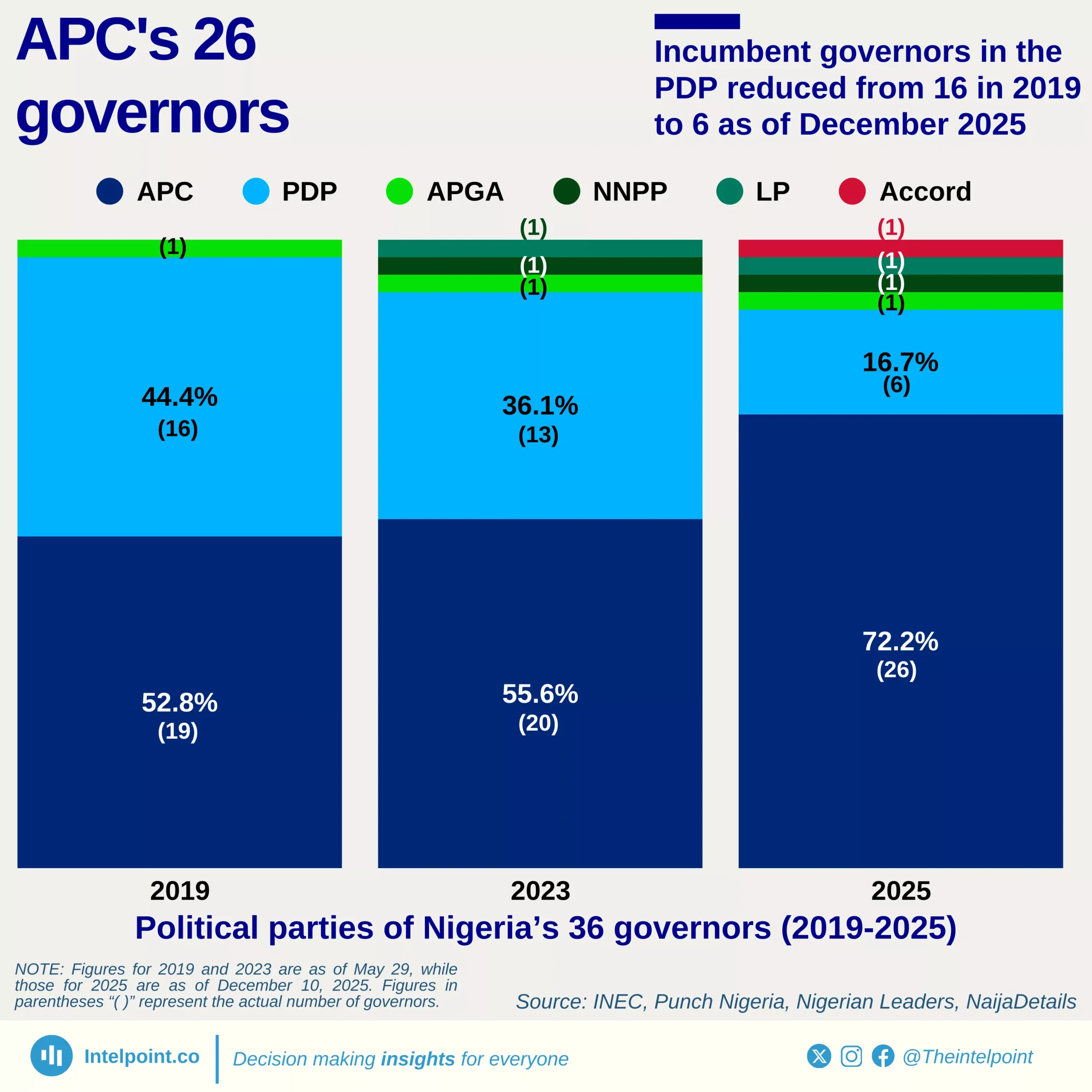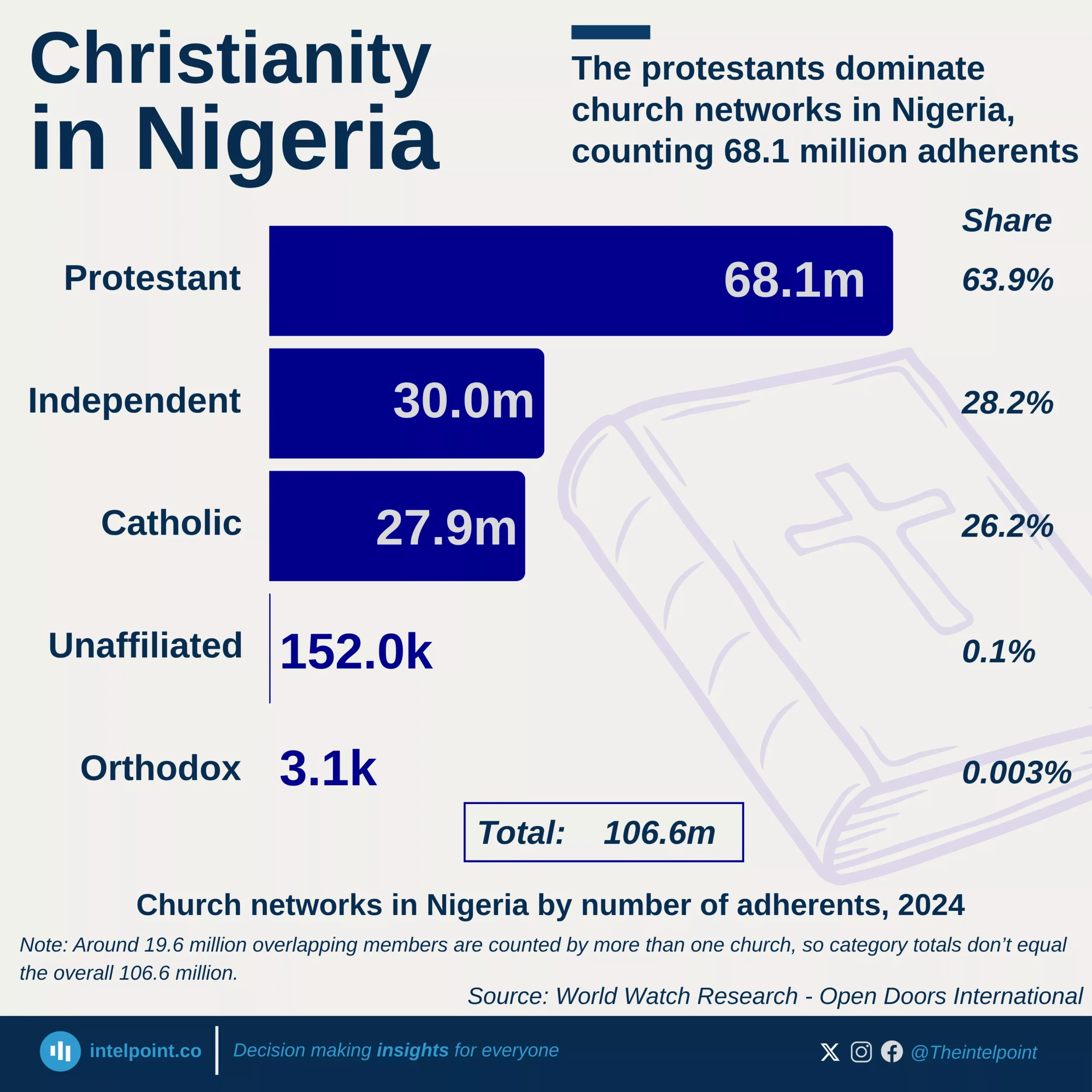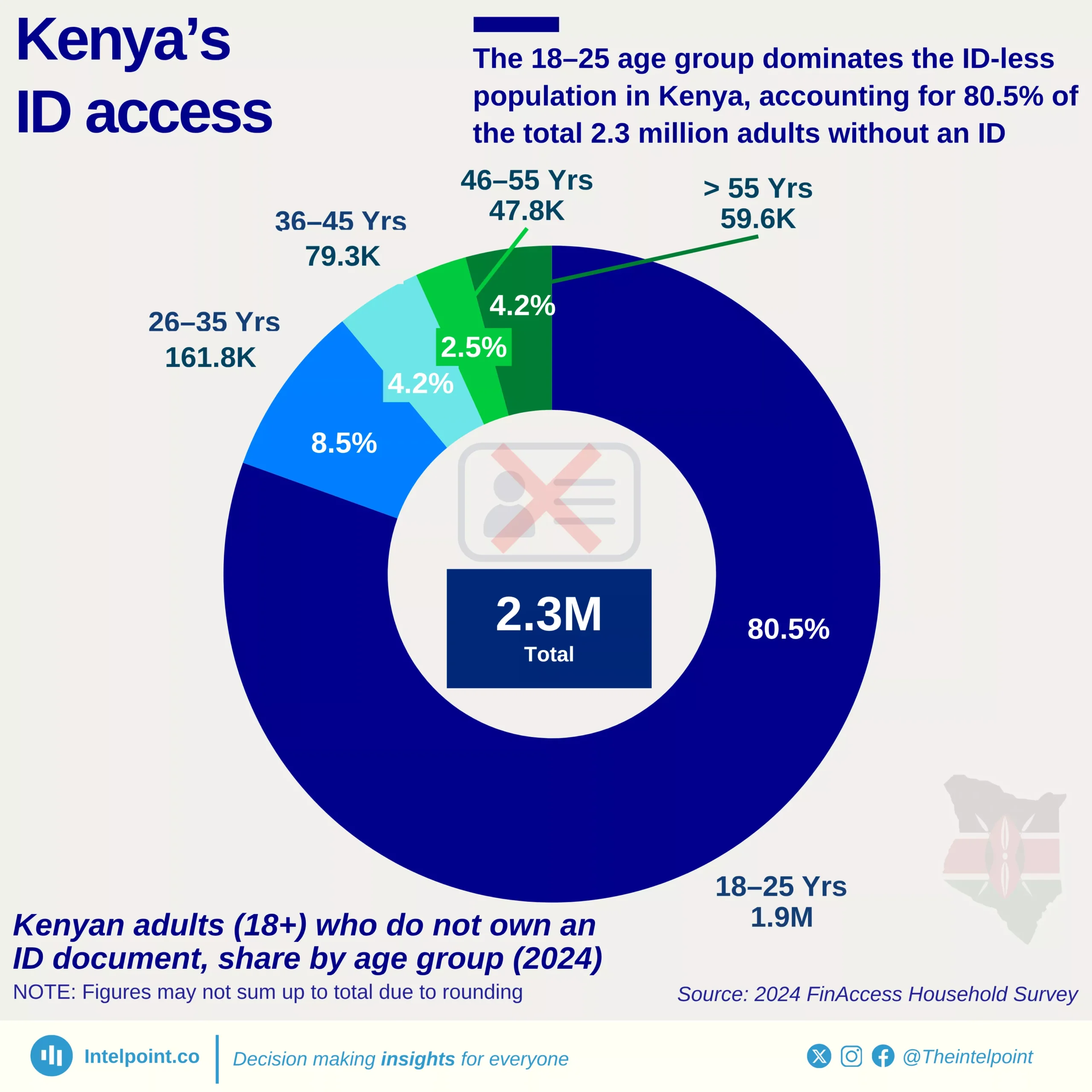West Africa reveals a mixed picture of unemployment stability and instability. Ghana, once grappling with double-digit unemployment peaking at 10.456% in 2000, has shown signs of stabilisation, with rates hovering around 3% in recent years. Meanwhile, Nigeria, the region's largest economy, has seen a steady climb in unemployment, reaching 5.742% in 2020, driven by structural challenges and external pressures. Burkina Faso stands out with a sharp surge in unemployment, hitting a record 5.389% in 2022. In contrast, Cabo Verde has maintained remarkable stability, with unemployment averaging 13% from 1991 to 2015.
